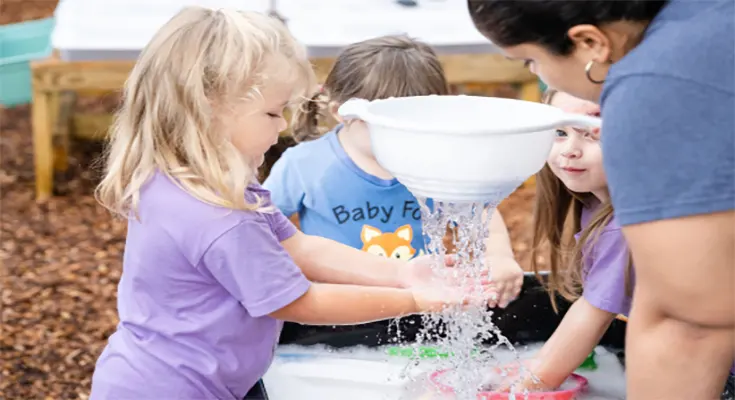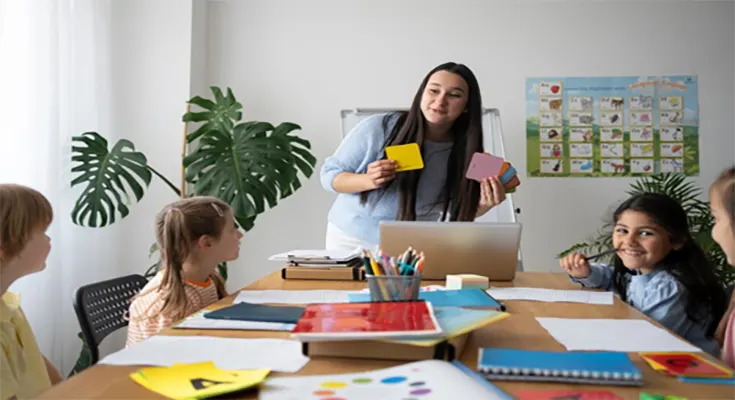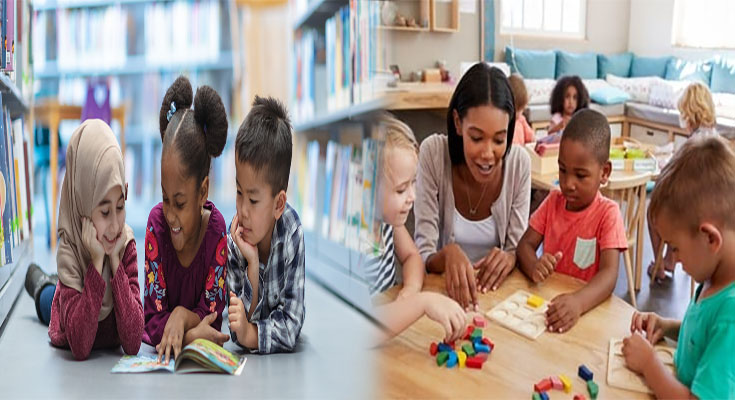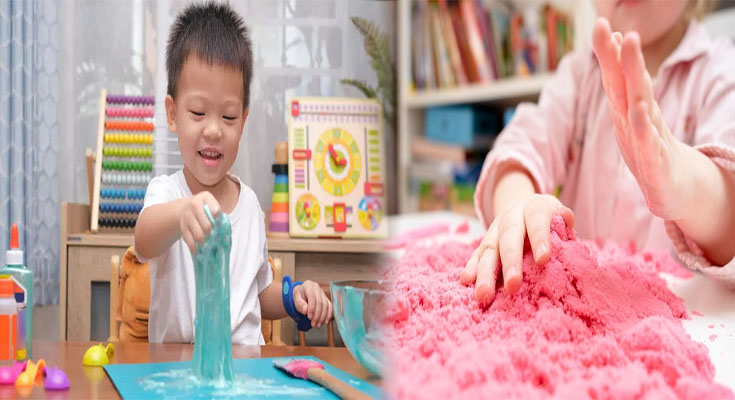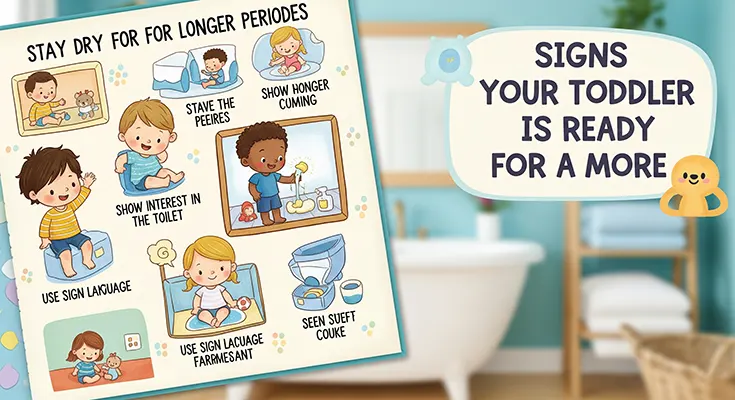
10 Signs Your Toddler Is Ready for a More Structured Learning Environment
Deciding when your little one is ready to step into a more organised setting can feel daunting. Yet recognising genuine readiness ensures a smooth transition for both child and family. Below are ten clear signals that your toddler may benefit from set routines, guided activities and interaction with peers.
1. Follows Simple Instructions
When your toddler responds to directions like “put the toy back” right away, it shows they can listen in a group setting. This ability helps them join circle time, follow instructions during snack moments and tidy-up activities with ease, easing day-to-day routines.
2. Shows Genuine Curiosity
Children who ask “what’s that?” persist in exploring new materials during playtime. They might flip through picture books, investigate sensory bins or ask about colours, textures and shapes. They then revisit favourite activities on their own, showing genuine curiosity and a developing love of discovery.
3. Maintains Focused Play
Spending five …
10 Signs Your Toddler Is Ready for a More Structured Learning Environment Read More

